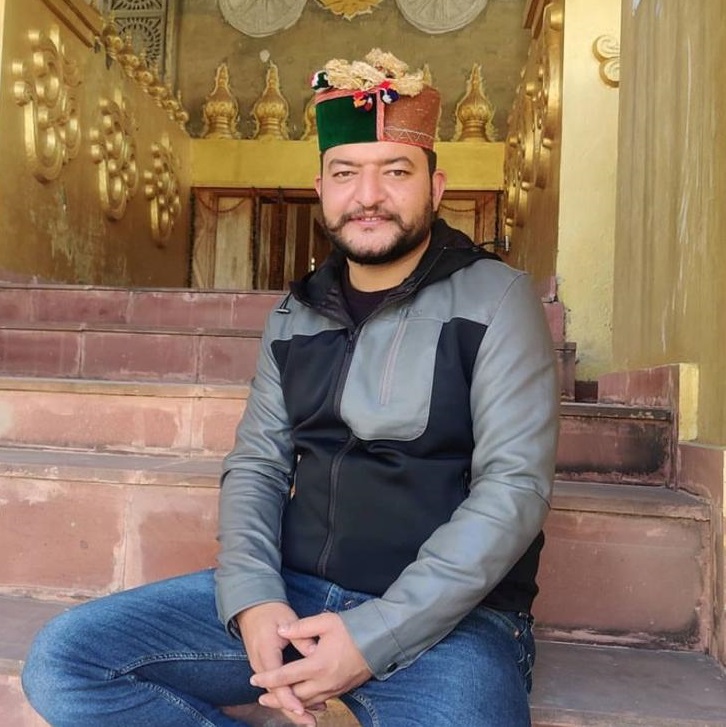PhD Psychology
Eligibility : Four year graduation degree by research or Master’s degree in related discipline with minimum 55% marks
- Duration : 3 years
- Admission Criteria : Shoolini University's multiple choice entrance test, and assessment of research aptitude through concept note & faculty interaction
PhD Psychology at Shoolini University is a research-based program that provides rigorous training to graduates for a career in academia or research, and to practice as a licensed clinical psychologist.
This doctoral program familiarises students with different components of psychology, including perception, cognition, neuroscience, and behaviour. Psychology doctorates work in academic or laboratory settings, conduct research in a variety of subjects and topics as they learn most basic human functions and behaviours.
Shoolini has a dedicated Centre of Excellence for Psychology, Rekhi Centre of Excellence for the Science of Happiness.
The especially designed curriculum instills a broad range of skills, including critical thinking, deeper understanding of behaviour and mental processes and writing through practical knowledge and expert advice. It opens a plethora of career opportunities as psychology experts work as clinical psychologists, evaluating, diagnosing, and treating patients in a private, hospital, or school setting.
Shoolini scholars get global exposure through international exchange opportunities with renowned universities across the world. Prominent among these are, University of Arkansas, USA; Lanzhou University, China; University of Naples, Italy; Taipei Medical University, Taiwan; Gachon University, South Korea; South Dakota Mines University, USA.
Shoolini University is UGC Approved and NAAC Accredited.
Highlights
- Ideal student and teacher ratio
- Internships available for students
- Guest lecturers from highly acclaimed global experts
- International exchange opportunities
- Infrastructure guided by ICAR
- Shoolini University certified as Recognised Social Entrepreneurship, Swachhta and Rural Engagement Cell (SES REC) Institution
Research Opportunities
- Clinical Psychology
- Cognitive Neuroscience
- Cognitive Psychology
- Developmental Psychology
- Industrial/Organisational Psychology
- Social Psychology

Research
Students dive into research from day one, getting personalised guidance from top faculty researchers.

SIPRO Support
The Shoolini Intellectual Property Rights Office assists with patent filings and their commercialisation.

Entrepreneurship
The Steve Jobs Innovation and Incubation centre established on campus promotes entrepreneurship, innovation and practical learning.
PhD Psychology Career Opportunities
- Psychotherapists
- Consultant Psychologists
- Organisational Psychologists
- Forensic Psychology
- School and University Counselors
- Family Therapists
- Academics and Research

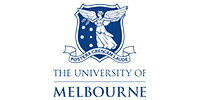

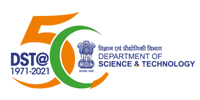
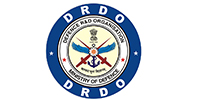
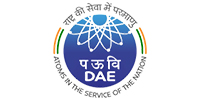


Program Details
Top Faculty
Student Voices
Top Campus Recruiters
Some of the major companies that visit our campus and hire our graduates are:
Frequently Asked Questions
Why is PhD study important?
Enrolling in a PhD program helps you begin or continue research in the field you're passionate about. You can delve deeper, make new discoveries, improve conceptual tactics and apply those concepts through the research conducted. You can decide what to work on, how to work, and chart your journey with support and guidance from a supervisory team.
Can I do a PhD without a Master's degree?
Students with a minimum CGPA score of 7.5/10 in the four-year-undergraduate program (FYUP) will now be eligible for PhD admissions, without having to complete a master’s program, according to the new regulations on the award of PhD degree finalised by the University Grants Commission (UGC).
Do rankings matter for a PhD?
The institution's accreditation by appropriate agencies means the program meets high standards of academic excellence. However, other factors, such as the field of research, number of publications, collaborations, etc., are also considered.
Will a PhD enhance my career prospects?
Doctoral programs require intensive training in research methods. This includes interviews, surveys, questionnaires, clinical trials, and laboratory experiments. These skills are put into practice when the candidate conducts fieldwork for the dissertation. Skills gained in qualitative and quantitative research methodology and statistical analysis are transferable to non-academic research environments, particularly for industrial research. In addition, employers outside of academia seek individuals with sound research skills to carry out projects at think tanks and research institutes in both the private and government sectors.
Why should I pursue a PhD from Shoolini University
Shoolini University is India’s No.1 research university. It follows a unique One Student, One Patent policy that encourages all PhD students to focus on real research and innovation. The university has more than 104 modern labs to support your work. Shoolini researchers are also listed among the top 2% scientists in the world by Stanford University. With 250+ international collaborations, you can work with global experts and institutions.
Latest Blogs
Explore the latest insights and updates in our newest Shoolini University blogs!
Still have Queries? Contact Us
Please fill in the form and an expert from the admissions office will call you in the next 4 working hours.




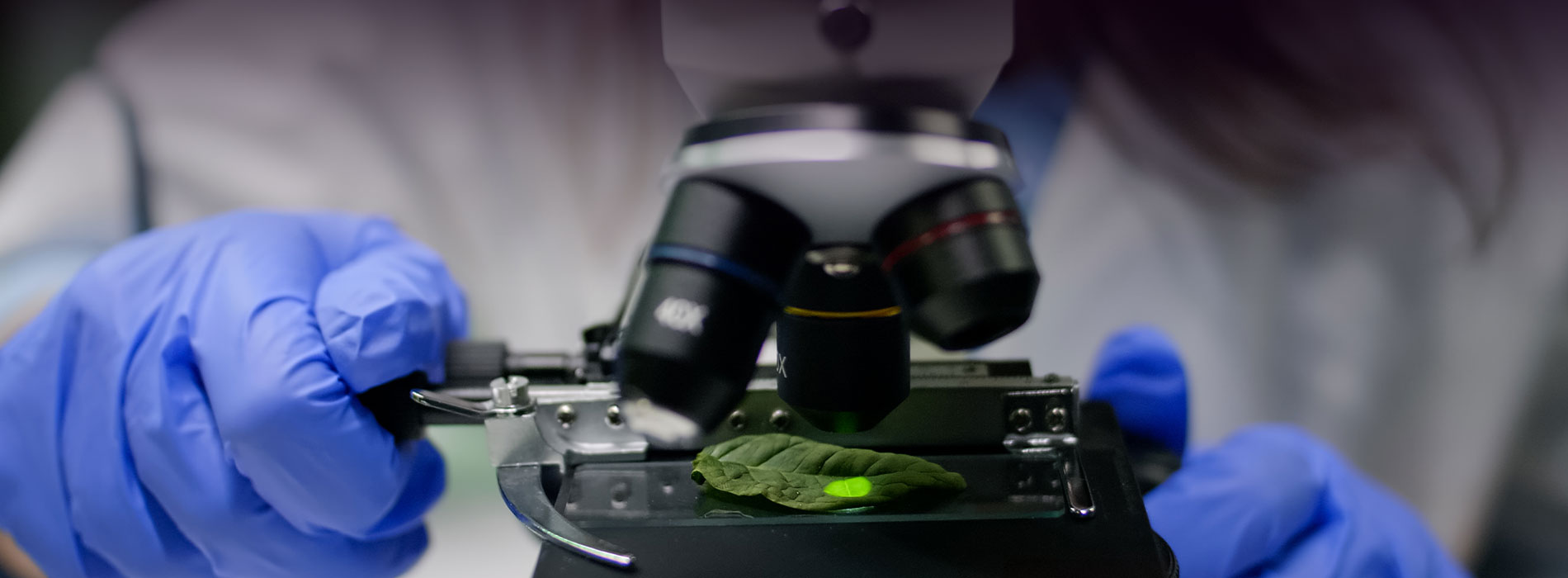

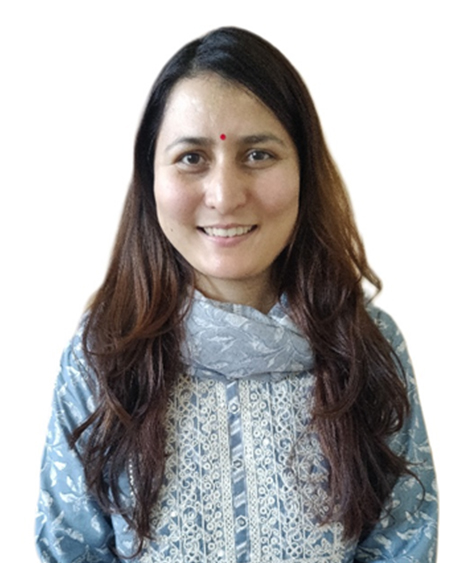
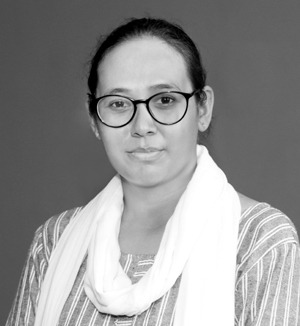
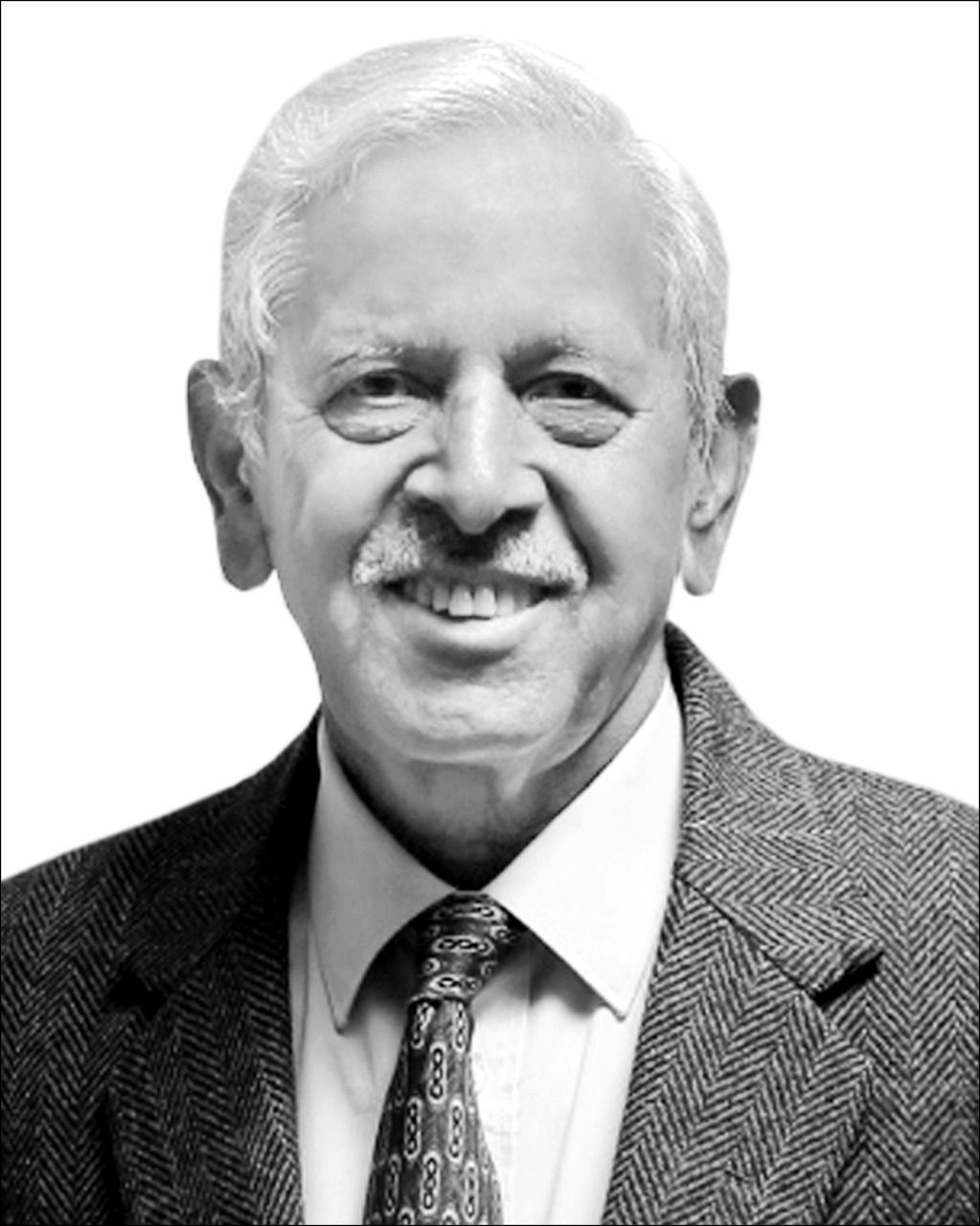
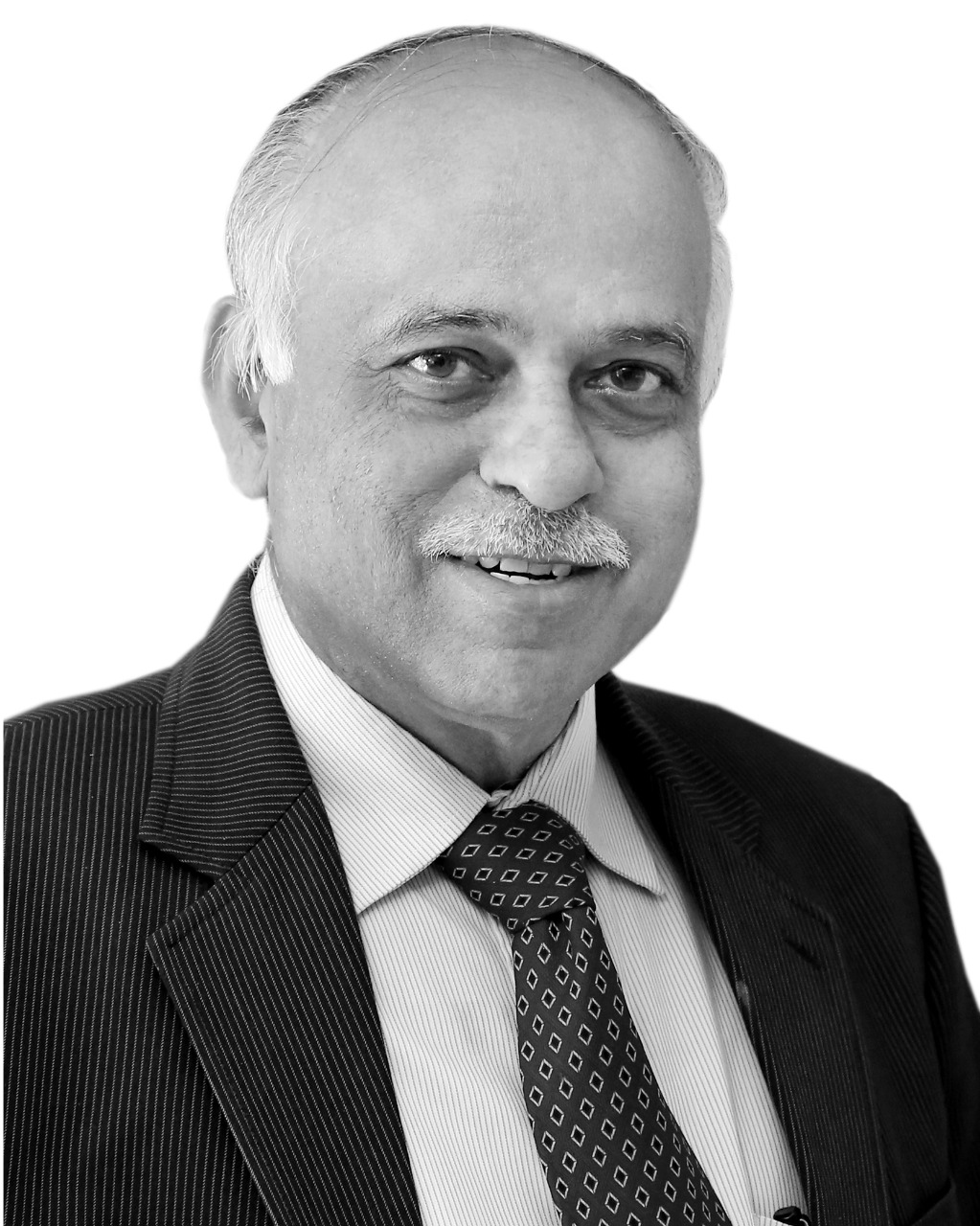
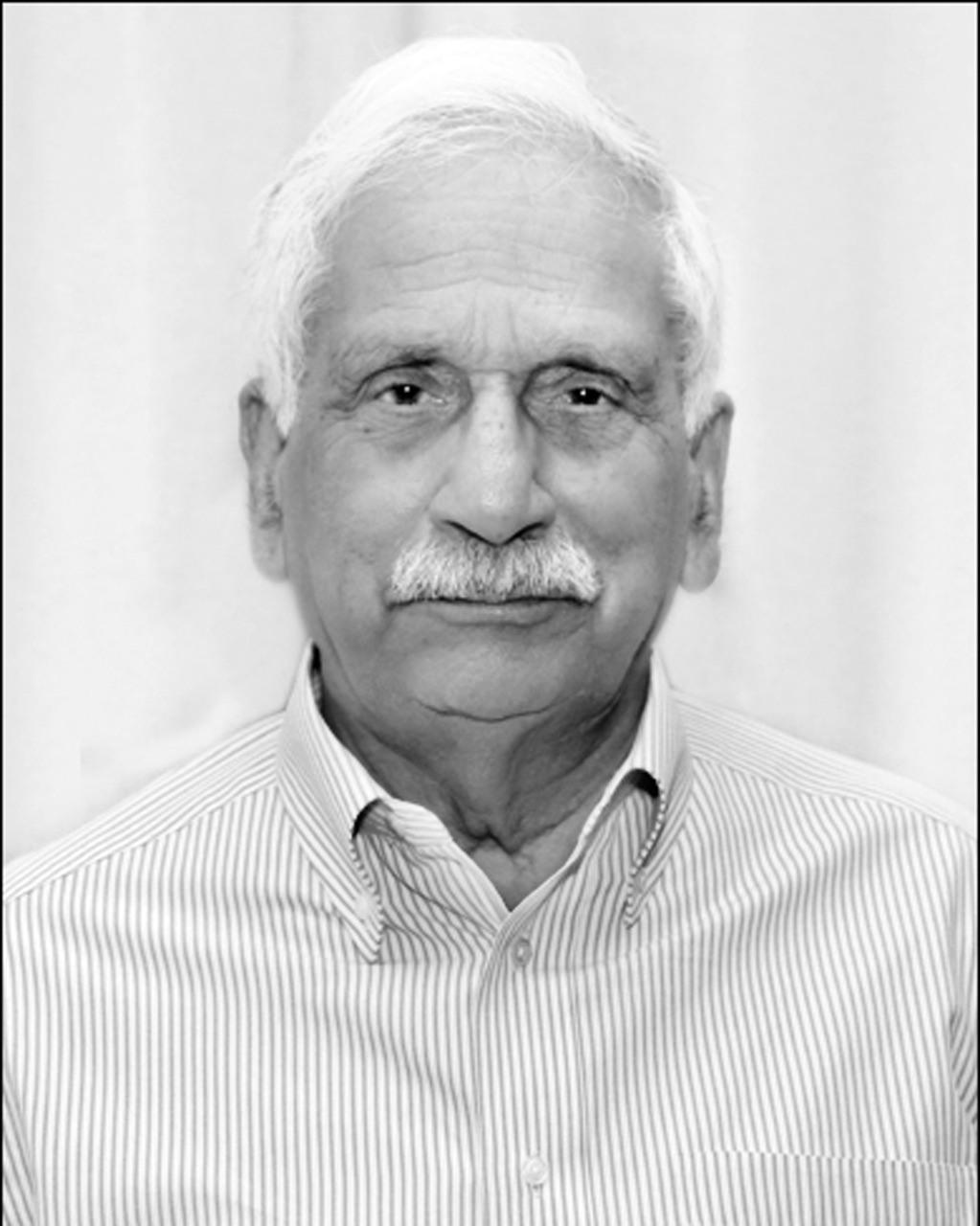
.JPG)
.JPG)
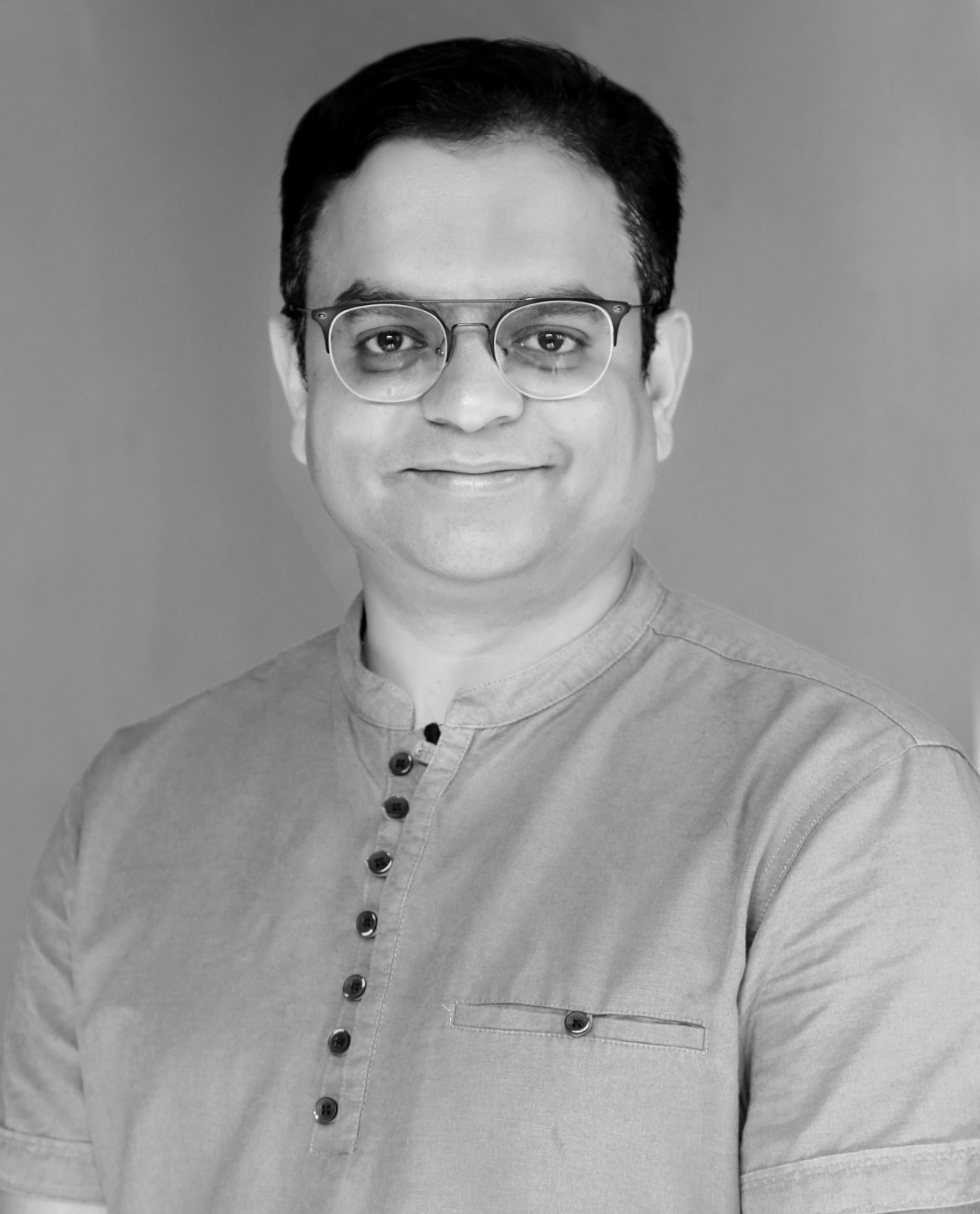
.JPG)
.JPG)

.JPG)
.JPG)

.jpg)
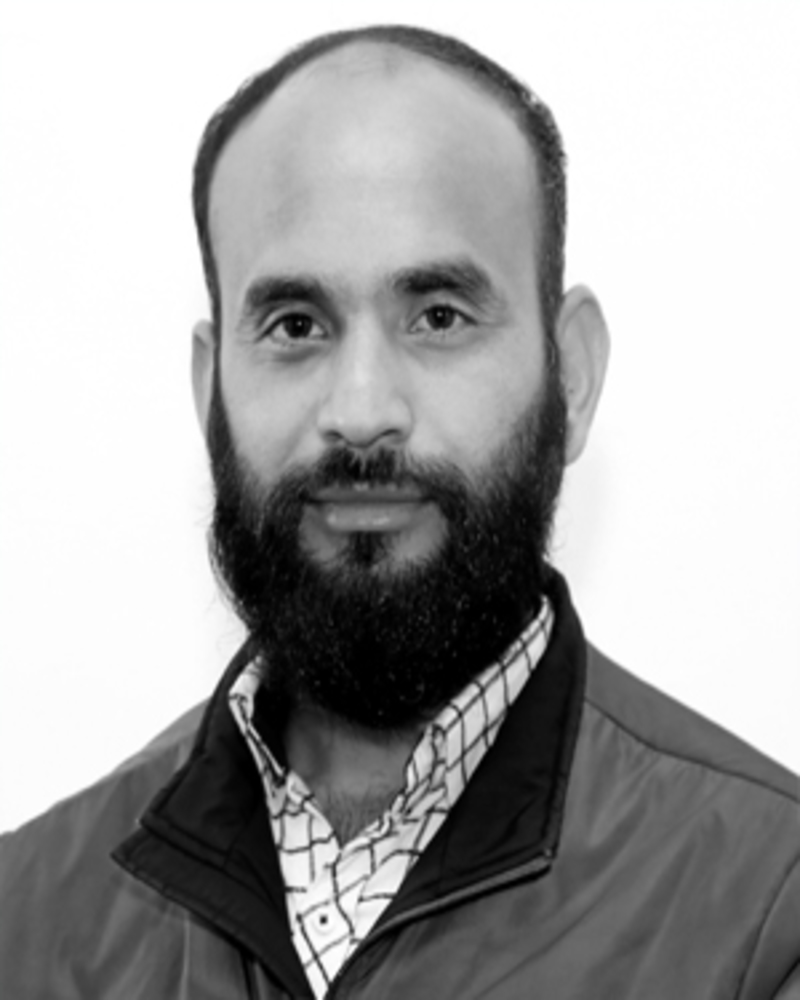





.jpg)
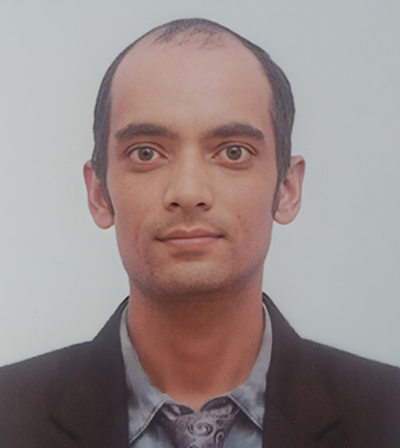




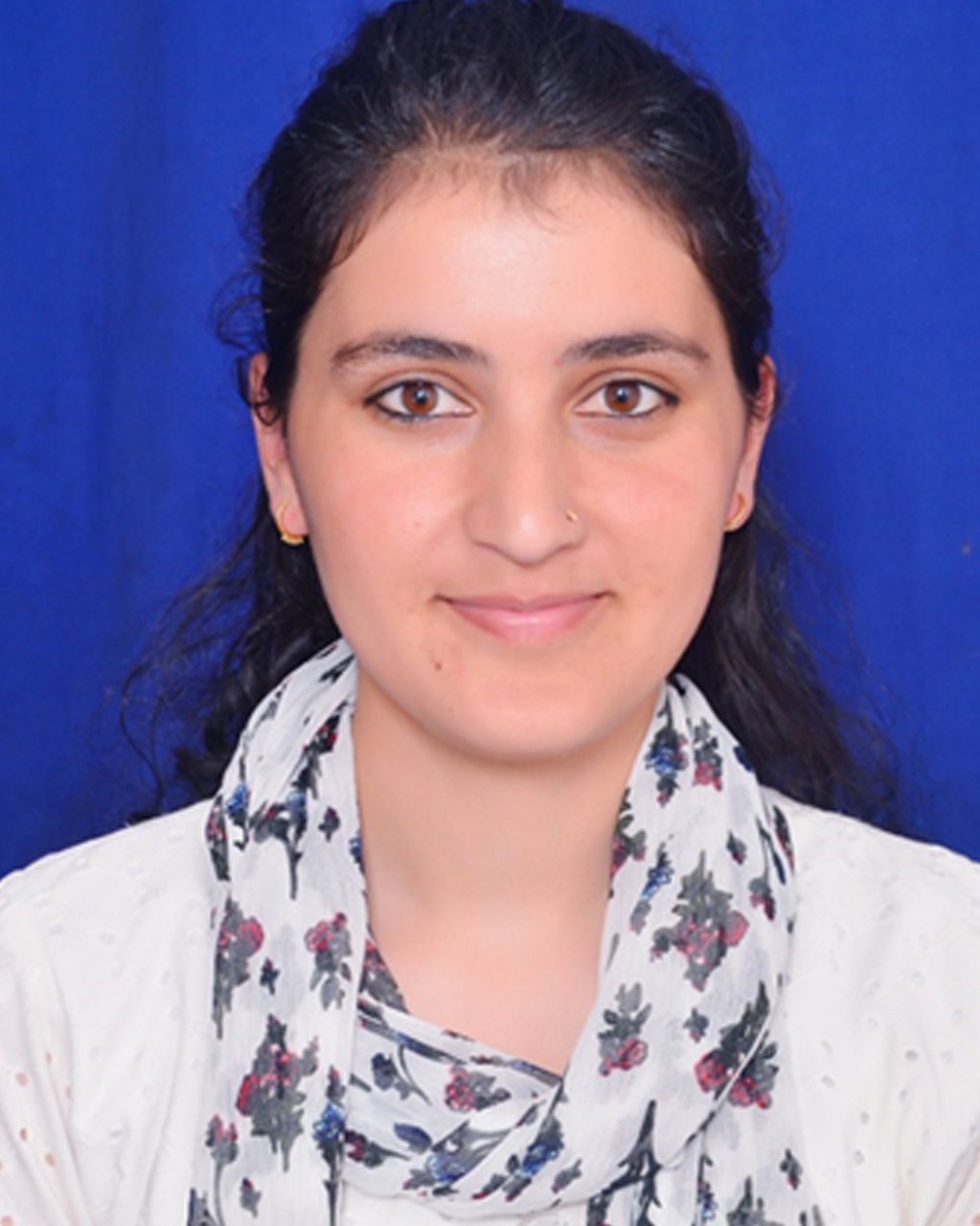



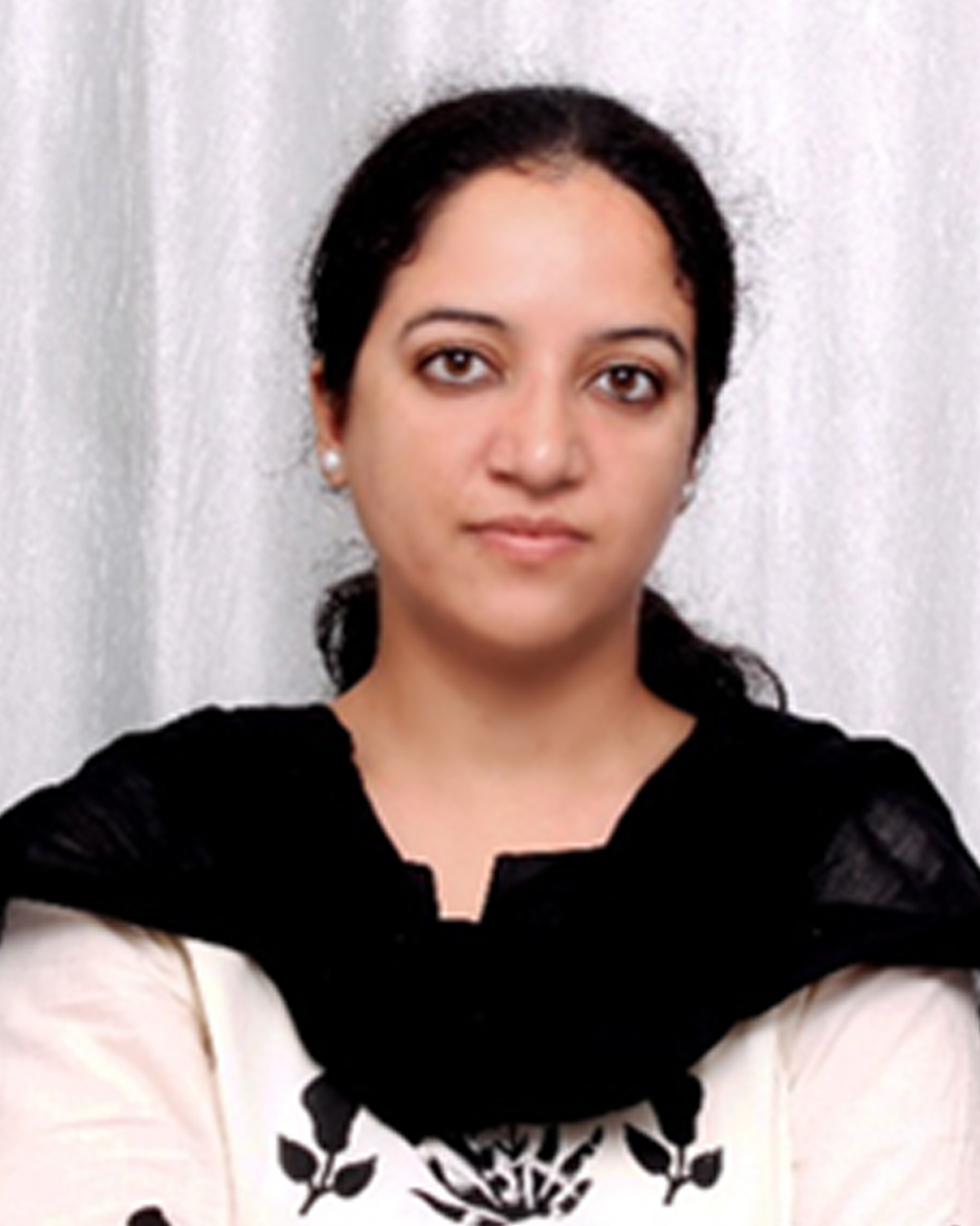






.jpg)
.jpg)

